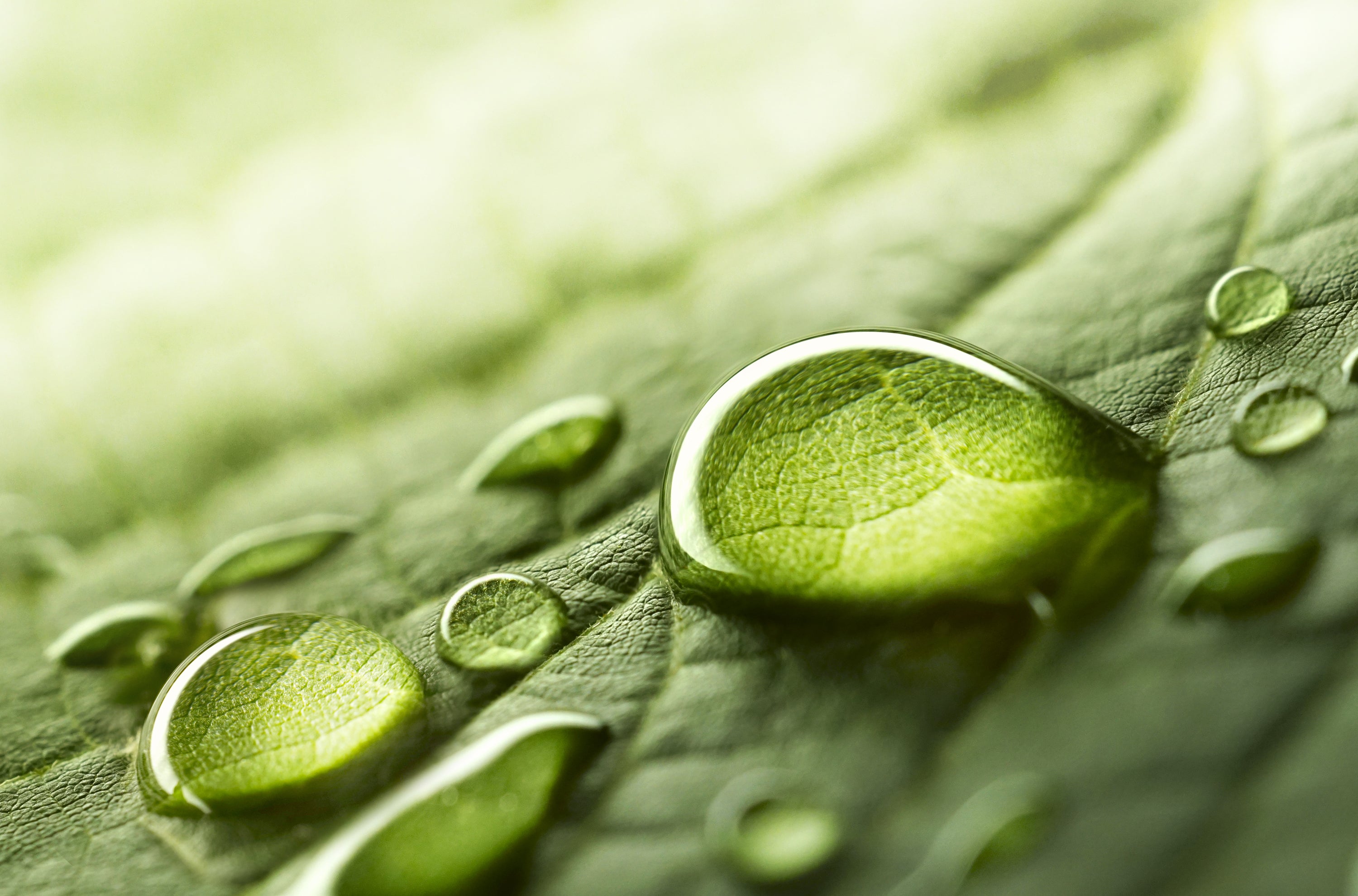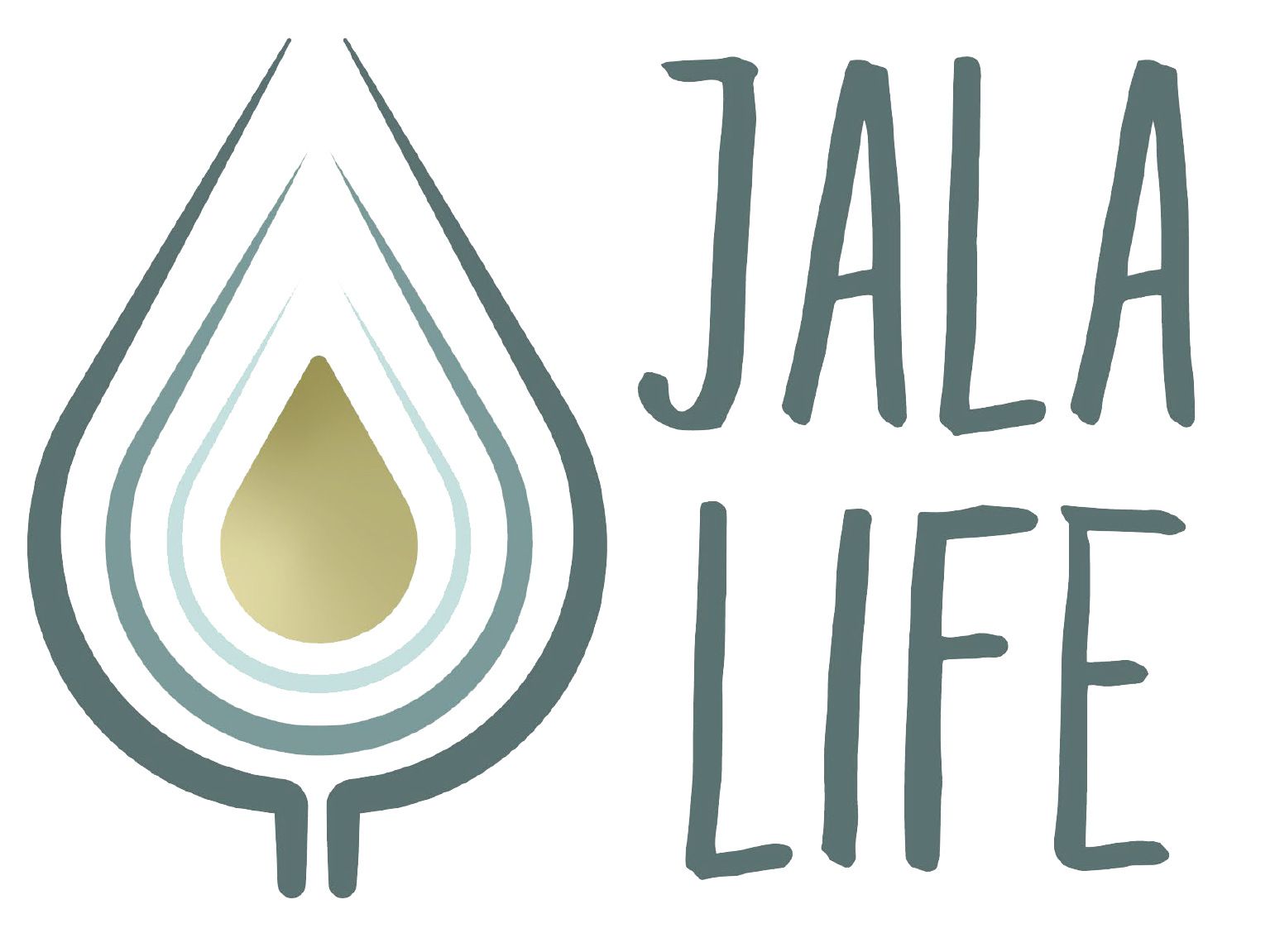Coenzyme Q10
What is Coenzyme Q10?
In all cells of the human body biochemical processes take place permanently, which are essential for cell metabolism and cell function. In order for these processes to take place in the cells, they must be constantly supplied with energy. About 95% of this energy comes from the cleavage of adenosine triphosphate (ATP). In the cells, the split ATP must be rebuilt so that it can be made available again for energy production. Every day, about 40 to 70 kg of ATP are built up and broken down in the body in order to be able to supply the cells with sufficient energy.
ATP regeneration takes place at membrane proteins of the so-called mitochondria, which are therefore often referred to as the "power plants of our cells". Coenzyme Q10 serves as a key factor for the build-up of ATP, which is taken in with food but can also be produced by the body itself. Those organs that require the most energy - such as the liver, heart or lungs - therefore also have the highest coenzyme Q10 concentrations. The enzyme also protects the mitochondria and the innermost layer of the blood and lymph vessels from oxidative stress.
There's one too many blanks in here... However, after the age of 30, our bodies begin to produce steadily less coenzyme Q10, making us more and more dependent on coenzyme Q10 from food as we age. In addition, a steady coenzyme Q10 deficiency can lead to "diseases associated with aging." This effect is attributed, among other things, to the continuous decline in the efficiency of enzymes responsible for DNA repair. Studies have shown that coenzyme Q10 supplementation can protect our DNA from damage caused by oxygen free radicals.


